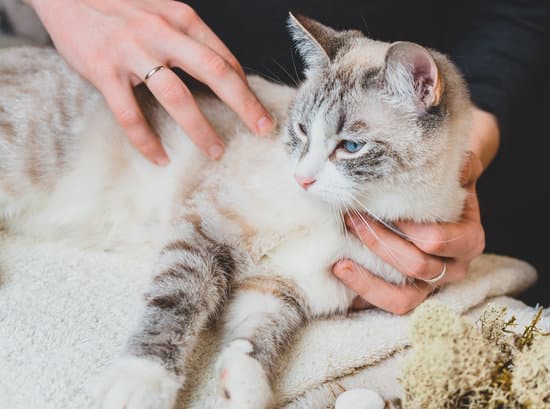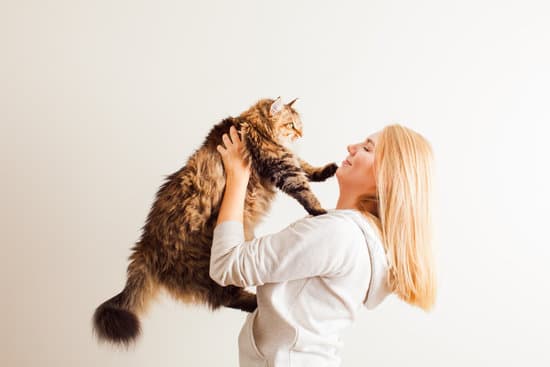Top Picks for Families
Dog breeds make great companions for children, but not all breeds are equally suited for young ones. Some breeds are too large or too aggressive, while others are too delicate or too high-strung. So, when it comes to choosing the right pooch breed for a child, it’s important to consider factors such as size, temperament, and energy level.
The best dog breeds for children are those that are friendly, patient, and easy to train. They should also be able to tolerate rough play and be gentle with kids. Labrador Retrievers, Golden Retrievers, and Beagles are some of the most popular breeds for families with children. These breeds are known for their friendly personalities, loyalty, and playful nature.
However, it’s important to note that every pooch is unique, and individual personalities can vary within breeds. It’s crucial to do thorough research and meet the dog in person before making a decision. In this article, we’ll take a closer look at some of the best dog breeds for children, based on their size, temperament, and energy level.
Factors to Consider When Choosing a Dog Breed for Children

Choosing the right pooch breed for children is a crucial decision that requires careful consideration. Here are some factors to keep in mind when making your choice:
Size
The size of the pooch breed is an important factor to consider. Large poochs may unintentionally knock over small children, while small poochs may be too delicate for rough play. Medium-sized breeds are often a good choice as they are sturdy enough to handle playtime but not too big to cause harm.
Temperament
A dog’s temperament is another crucial factor to consider when choosing a breed for children. Some breeds are naturally gentle and patient, making them ideal for families with young children. Other breeds are more energetic and require plenty of exercise and attention, which may not be suitable for families with busy schedules.
Energy Level
The energy level of a pooch breed is also an essential consideration. High-energy breeds require plenty of exercise and playtime, which may be challenging for families with limited time. Low-energy breeds, on the other hand, may be better suited for families with a more relaxed lifestyle.
Trainability
The trainability of a pooch breed is another important factor to consider. Breeds that are easy to train can be a great choice for families with children as they can be taught to follow commands and behave appropriately around kids.
Coat Type
The coat type of a pooch breed is another factor to consider, especially if anyone in the family has allergies. Breeds with hypoallergenic coats, such as poodles and bichon frises, are often a good choice for families with allergies.
By considering these factors, you can choose the best pooch breed for your family and ensure a happy, healthy relationship between your children and their furry friend.
Top Dog Breeds for Families with Children
Labrador Retriever
Labrador Retrievers are one of the most popular pooch breeds for families with children. They are known for their friendly, outgoing personalities and their love for playing fetch. Labs are also intelligent and easy to train, making them a great choice for families with young children who want to participate in training activities.
Golden Retriever
Golden Retrievers are another popular choice for families with children. They are known for their gentle, patient nature and their love for children. Goldens are also highly trainable and make great service poochs, making them a great choice for families with children who have special needs.
Beagle
Beagles are a fun-loving, energetic breed that make great family pets. They are small enough to be easily managed by children, but still have plenty of energy to keep up with them. Beagles are also intelligent and easy to train, making them a great choice for families who want a poochv that can participate in training activities.
Bulldog
Bulldogs are a great choice for families with children who want a pooch that is both loyal and protective. They are known for their strong, muscular build and their love for children. Bulldogs are also highly trainable and make great watchdogs, making them a great choice for families who want a dog that can protect their home and family.
Characteristics of Child-Friendly Dog Breeds

Temperament
When it comes to choosing a dog breed that is suitable for children, temperament is a crucial factor to consider. Child-friendly pooch breeds tend to be patient, gentle, and friendly. They are also known to be tolerant of children’s playful behavior and noise. Dogs with a calm and easy-going temperament are less likely to become aggressive or irritable around children.
Size
Size is another important factor to consider when choosing a poochbreed for children. Smaller breeds may be more suitable for families with younger children, as they tend to be less intimidating and easier to handle. However, larger breeds can also be good with children as long as they are well-trained and socialized. It is important to note that some larger breeds may unintentionally knock over small children during playtime.
Energy Level
The energy level of a dog is also an important consideration when choosing a child-friendly breed. Dogs with a high energy level may require more exercise and playtime to prevent boredom and destructive behavior. However, some children may enjoy playing with a high-energy pooch and have the energy to keep up with them. On the other hand, low-energy dogs may be more suitable for families with young children who prefer a calmer and less active pet.
In conclusion, choosing a child-friendly pooch breed requires careful consideration of the pooch’s temperament, size, and energy level. By selecting a breed that is patient, gentle, and easy-going, families can ensure a safe and enjoyable experience for both children and pets.
Training and Socialization Tips for Family Dogs
When it comes to raising a family pooch, training and socialization are crucial. Dogs that are well-trained and socialized are more likely to be well-behaved and happy around children.
Basic Training
Basic training includes teaching your dog commands like sit, stay, come, and heel. Positive reinforcement training is the most effective way to train your pooch. This involves rewarding your dog for good behavior, rather than punishing them for bad behavior.
Consistency is key when it comes to training your pooch. Make sure everyone in the family is using the same commands and training methods to avoid confusion.
Socialization
Socialization is the process of exposing your dog to new people, animals, and environments. This helps your pooch become comfortable in different situations and reduces the risk of fear or aggression.
Start socializing your dog at a young age, ideally between 3 and 14 weeks old. Introduce your poochto new people, animals, and environments gradually, and always supervise their interactions.
Exercise and Play
Exercise and play are important for keeping your pooch healthy and happy. Dogs need daily exercise to burn off excess energy and prevent behavior problems.
Make sure your dog gets plenty of physical exercise, such as walks, runs, or playtime in the backyard. Mental stimulation is also important, so provide your dog with toys and games that challenge their mind.
By following these training and socialization tips, you can raise a happy and well-behaved family dog.
Health and Maintenance Considerations for Child-Friendly Breeds

When it comes to choosing a dog breed for children, it is important to consider the health and maintenance requirements of the breed. Here are some factors to keep in mind:
Grooming
Some breeds require more grooming than others. Breeds with long hair or thick coats may need to be brushed regularly to prevent matting and tangling. Additionally, some breeds may require professional grooming to keep their coats looking their best. It is important to consider the time and cost associated with grooming when selecting a breed.
Exercise
Dogs need regular exercise to maintain their health and happiness. Some breeds require more exercise than others. Breeds that were originally bred for hunting or herding may need more exercise than breeds that were bred for companionship. It is important to choose a breed that fits with your family’s lifestyle and activity level.
Health Issues
Like all animals, dogs can experience health problems. Some breeds are more prone to certain health issues than others. For example, large breeds may be more prone to hip dysplasia, while small breeds may be more prone to dental issues. It is important to research the potential health issues of any breed you are considering and to choose a breeder who screens their dogs for genetic health problems.
Training
All dogs need some level of training to be well-behaved and obedient. However, some breeds may be easier to train than others. Breeds that were originally bred for work may be more eager to please and easier to train than breeds that were bred for independence. It is important to choose a breed that fits with your training style and experience level.
By considering these factors, you can choose a breed that will be a healthy and happy addition to your family.









